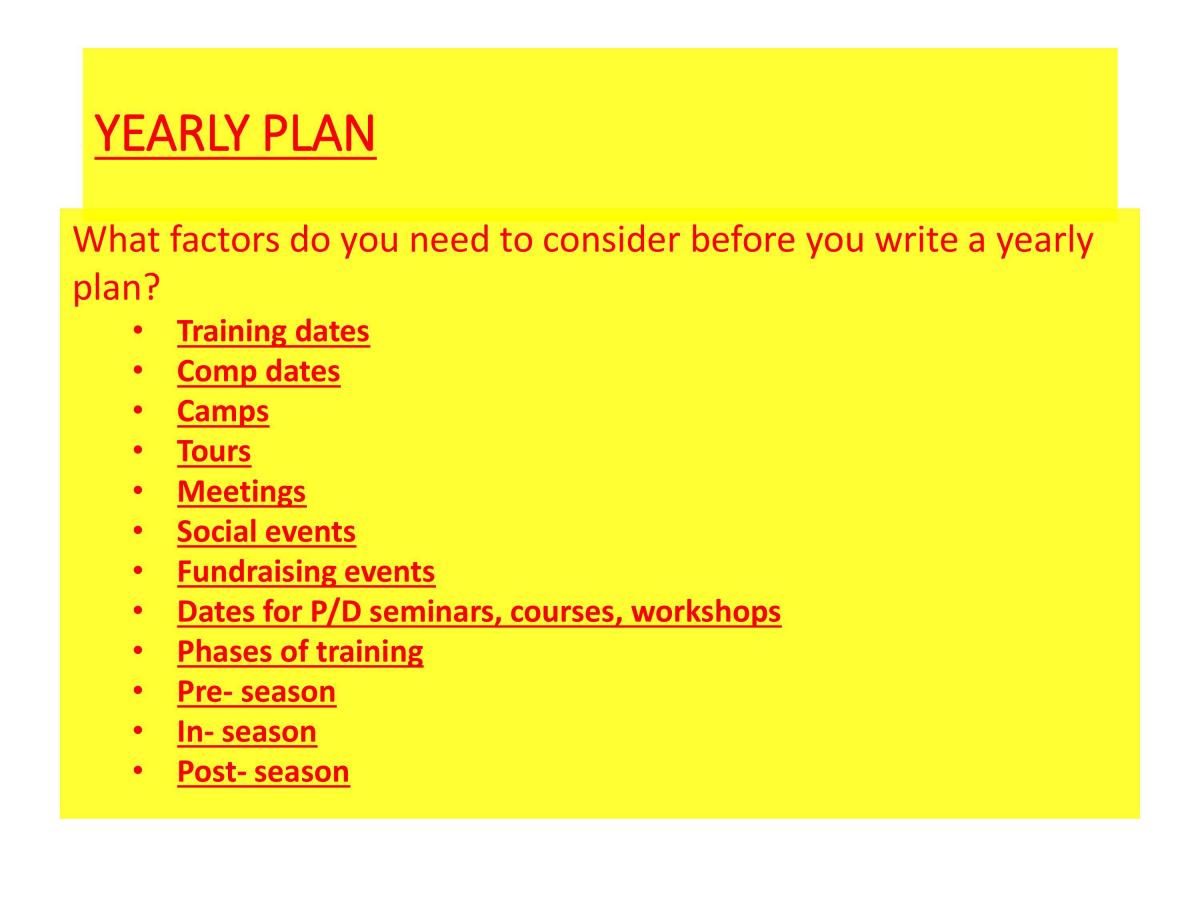Welcome to our comprehensive guide to the NFHS Fundamentals of Coaching Unit 1 Test Answers. This test is an essential step in your coaching journey, and we’re here to help you succeed. In this guide, we’ll provide you with everything you need to know about the test, including its structure, content, and strategies for success.
The NFHS Fundamentals of Coaching Unit 1 Test is designed to assess your knowledge of the foundational principles of coaching. By passing this test, you’ll demonstrate your commitment to ethical and effective coaching practices. This guide will provide you with the tools and resources you need to prepare for and pass the test with confidence.
Introduction
Define NFHS Fundamentals of Coaching Unit 1
The NFHS Fundamentals of Coaching Unit 1 is an introductory course designed to provide coaches with the foundational knowledge and skills necessary to effectively coach young athletes.
State the purpose of the test
The purpose of the NFHS Fundamentals of Coaching Unit 1 test is to assess coaches’ understanding of the key concepts covered in the course.
Discuss the importance of passing the test
Passing the NFHS Fundamentals of Coaching Unit 1 test is important for coaches because it demonstrates their commitment to providing quality coaching experiences for young athletes.
Test Structure
Describe the format of the test
The NFHS Fundamentals of Coaching Unit 1 test is a multiple-choice exam consisting of 50 questions.
Provide information about the number of questions
The test consists of 50 multiple-choice questions.
Explain the types of questions asked
The test questions cover a variety of topics, including the principles of coaching, communication skills, and risk management.
Study Materials

List the recommended study materials
- NFHS Fundamentals of Coaching Unit 1 Textbook
- NFHS Fundamentals of Coaching Unit 1 Online Course
Explain where to find the study materials
The NFHS Fundamentals of Coaching Unit 1 Textbook and Online Course can be purchased from the NFHS website.
Provide tips for effective studying
- Start studying early.
- Break down the material into smaller chunks.
- Use a variety of study methods.
- Take practice tests.
Test-Taking Strategies
Share tips for preparing for the test
- Get a good night’s sleep before the test.
- Eat a healthy breakfast on the day of the test.
- Arrive at the testing center early.
Provide strategies for answering different types of questions
Multiple-choice questions: Read the question carefully and identify the key words. Eliminate the answer choices that are clearly incorrect. Guess if you have to, but make sure to eliminate as many incorrect choices as possible first.
Discuss the importance of time management
Time management is important on the NFHS Fundamentals of Coaching Unit 1 test. Make sure to pace yourself so that you have enough time to answer all of the questions.
Content Review: Nfhs Fundamentals Of Coaching Unit 1 Test Answers

Explain the key concepts covered in Unit 1
The key concepts covered in Unit 1 of the NFHS Fundamentals of Coaching course include:
- The principles of coaching
- Communication skills
- Risk management
Provide examples of the topics tested
Some examples of the topics that may be tested on the NFHS Fundamentals of Coaching Unit 1 test include:
- The different types of coaching styles
- How to communicate effectively with athletes
- How to identify and manage risks in a coaching environment
Create a table to organize the content
| Topic | Description |
|---|---|
| Principles of Coaching | The different types of coaching styles and how to choose the right style for your team. |
| Communication Skills | How to communicate effectively with athletes, parents, and other stakeholders. |
| Risk Management | How to identify and manage risks in a coaching environment. |
Sample Questions

Provide practice questions similar to those on the test
1. Which of the following is NOT a principle of coaching?
- Positive reinforcement
- Negative reinforcement
- Individualized instruction
- Punishment
Include answer keys for the sample questions
1. d. Punishment
Explain the rationale behind the correct answers
Punishment is not a principle of coaching because it is not an effective way to motivate athletes. Punishment can actually lead to decreased motivation and performance.
Additional Resources
Share links to online resources for further study
Provide information about coaching workshops and certification programs
There are a number of coaching workshops and certification programs available. Some of the most popular include:
- NFHS Fundamentals of Coaching Course
- Positive Coaching Alliance’s Double-Goal Coach Certification
- National Coaches Association’s Coaching Certification Program
Discuss the benefits of joining professional organizations
Joining a professional organization can provide coaches with a number of benefits, including:
- Access to resources and information
- Networking opportunities
- Professional development opportunities
FAQ Compilation
What is the NFHS Fundamentals of Coaching Unit 1 Test?
The NFHS Fundamentals of Coaching Unit 1 Test is an assessment of your knowledge of the foundational principles of coaching. It is designed to ensure that you have a solid understanding of the ethical and effective practices of coaching.
What is the purpose of the NFHS Fundamentals of Coaching Unit 1 Test?
The purpose of the NFHS Fundamentals of Coaching Unit 1 Test is to assess your readiness to coach athletes. By passing this test, you will demonstrate your commitment to ethical and effective coaching practices.
What are the benefits of passing the NFHS Fundamentals of Coaching Unit 1 Test?
Passing the NFHS Fundamentals of Coaching Unit 1 Test has several benefits, including:
- Demonstrating your commitment to ethical and effective coaching practices
- Increasing your credibility as a coach
- Opening up opportunities for coaching at higher levels